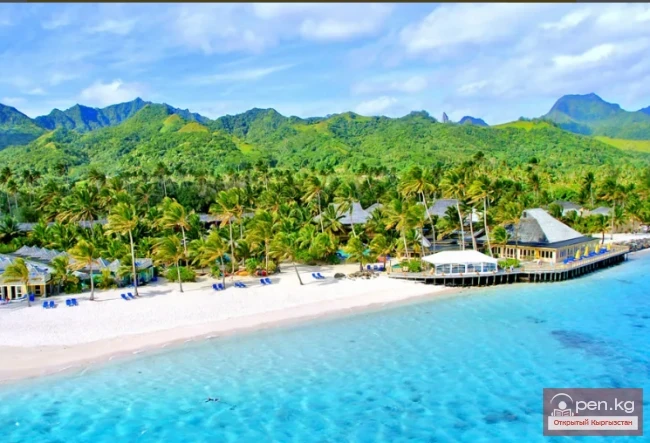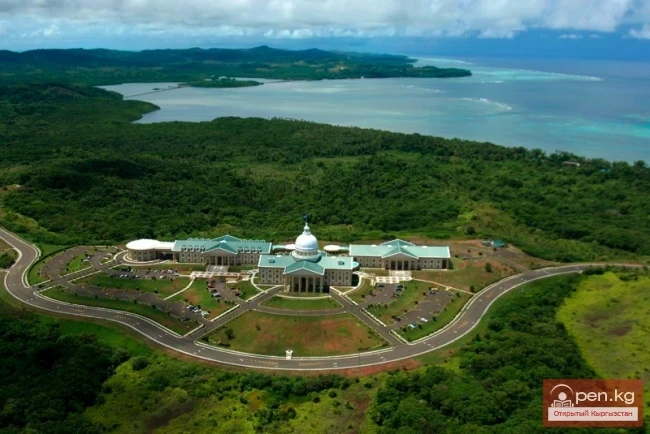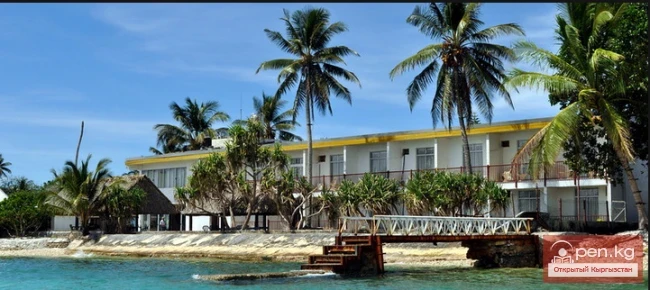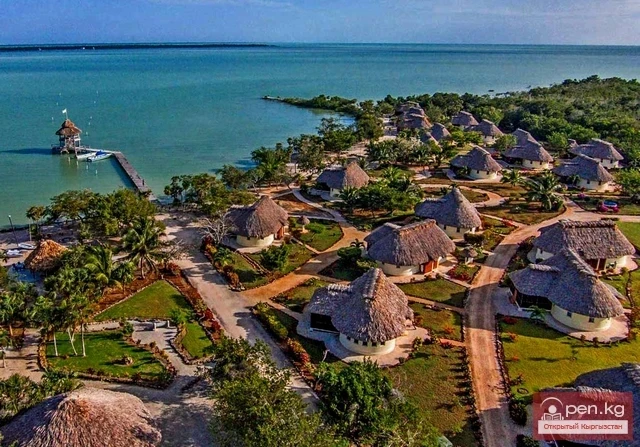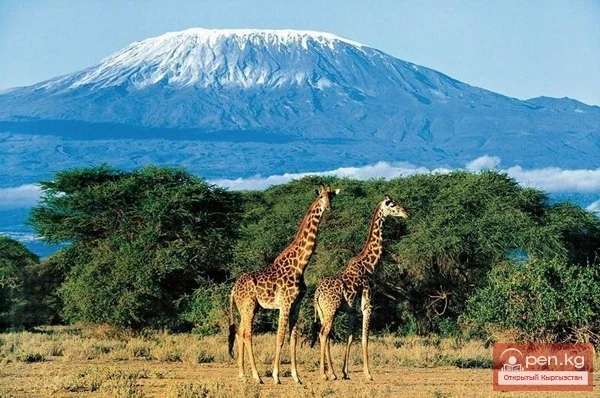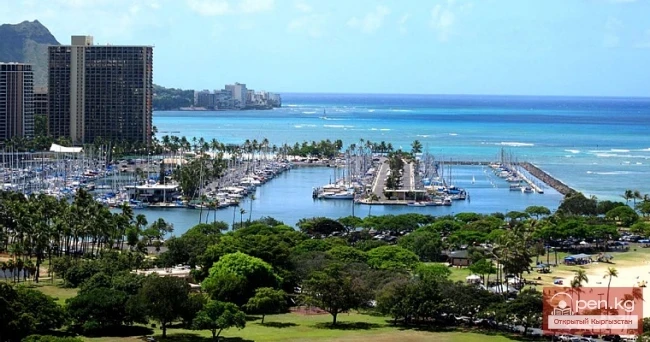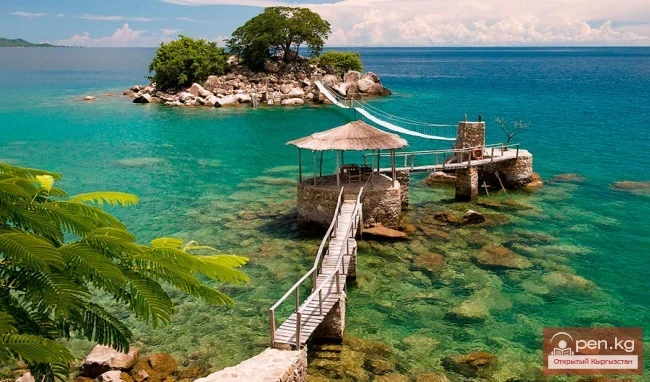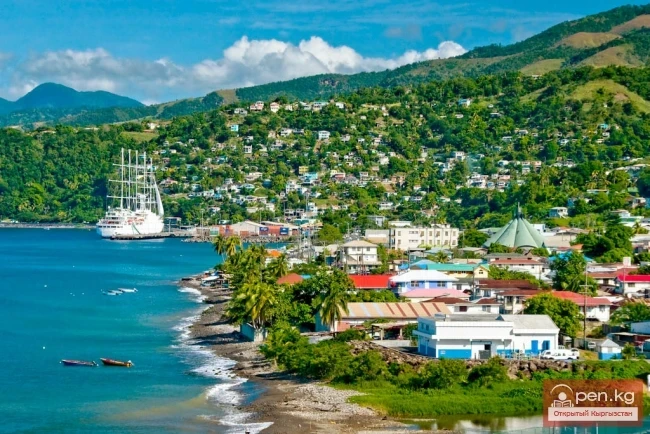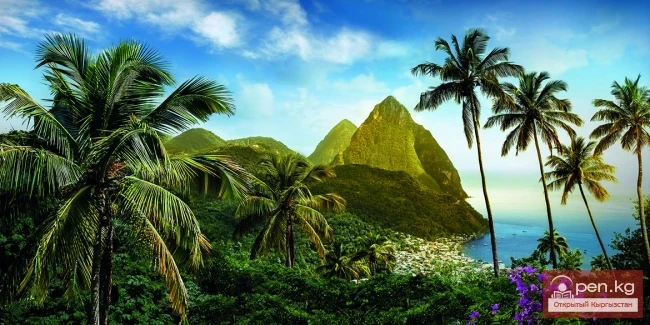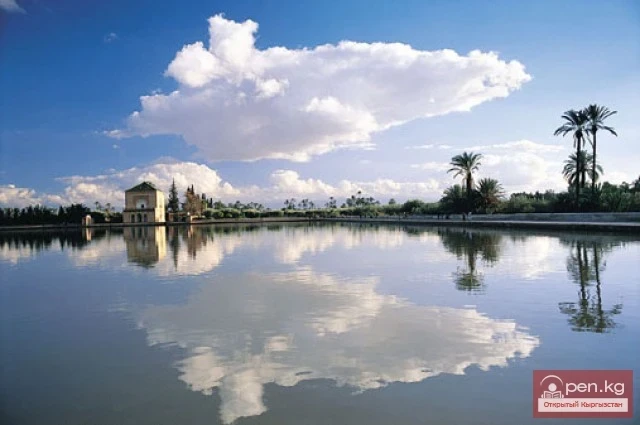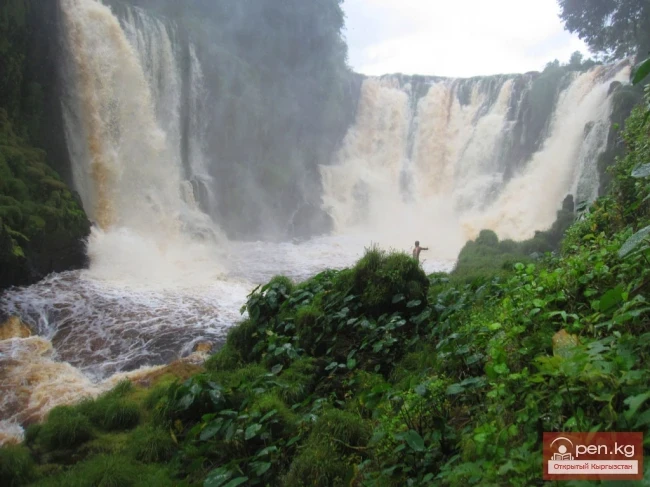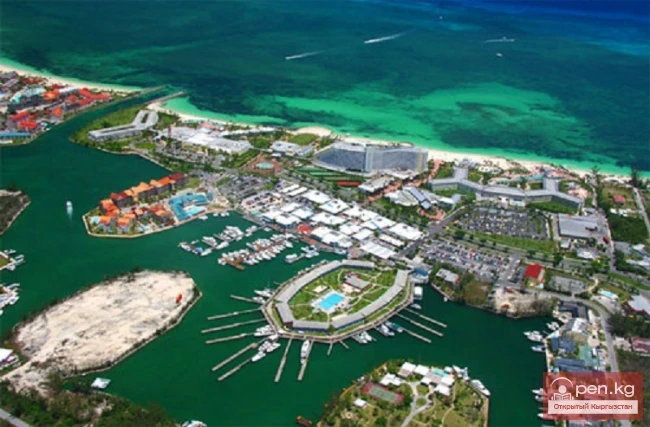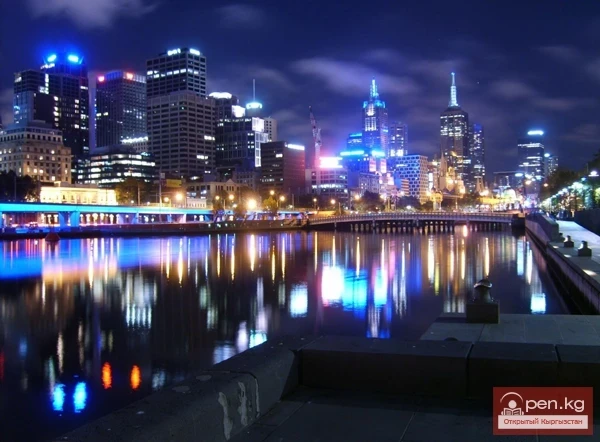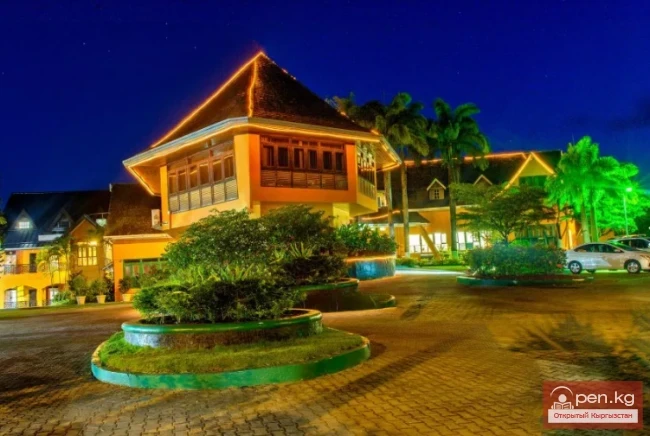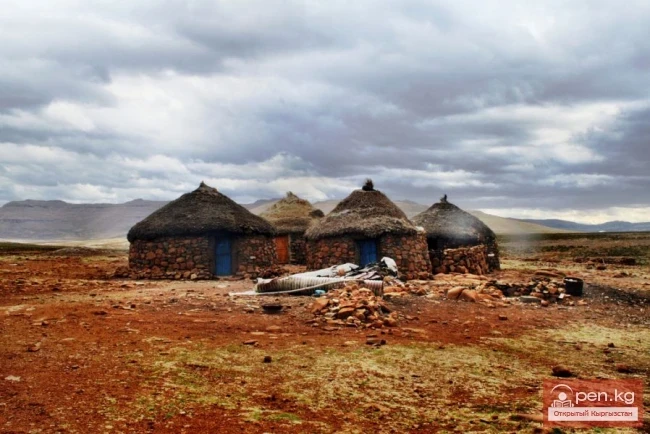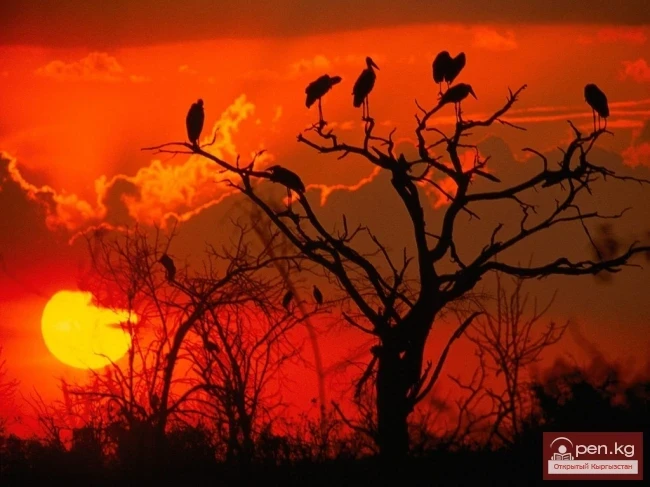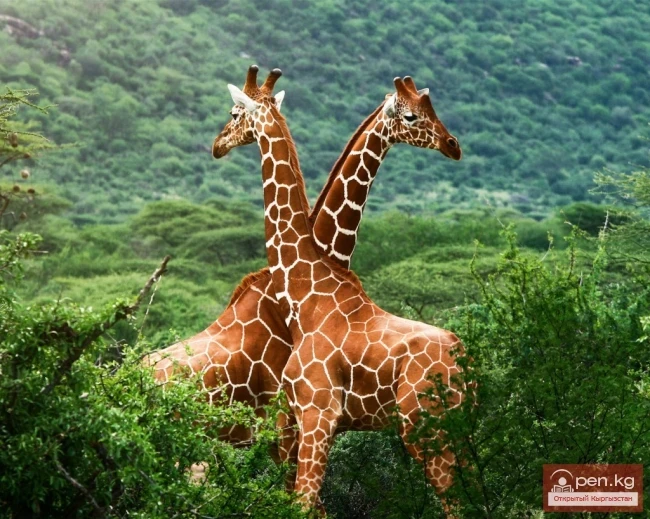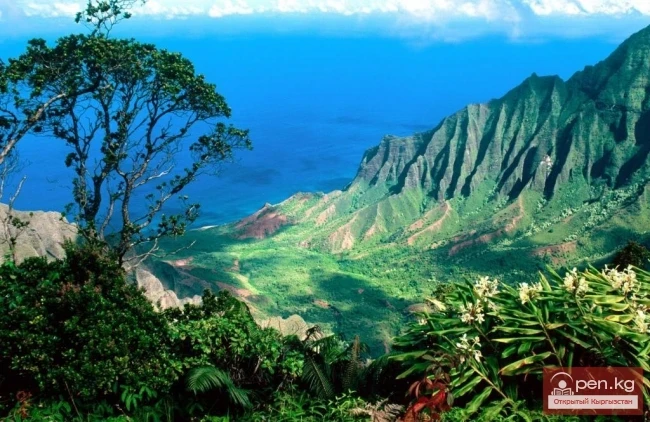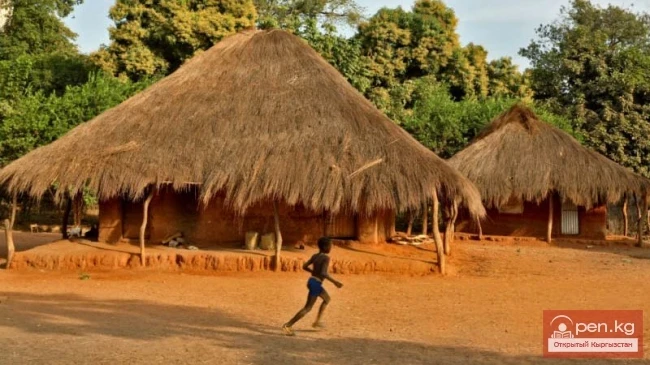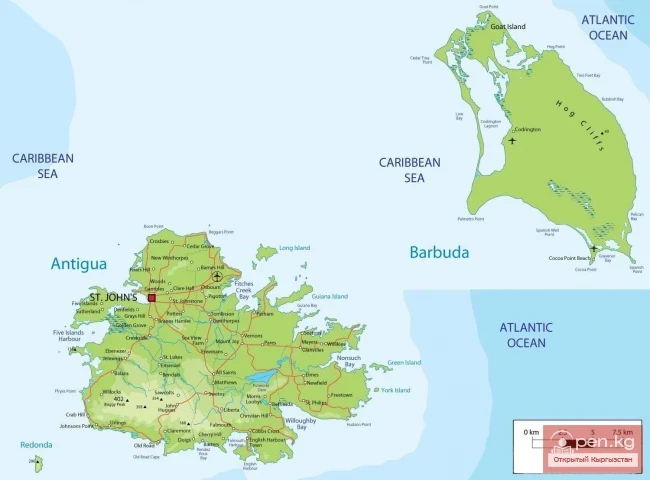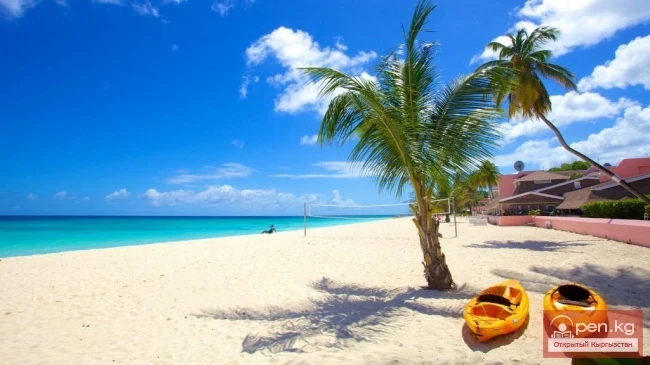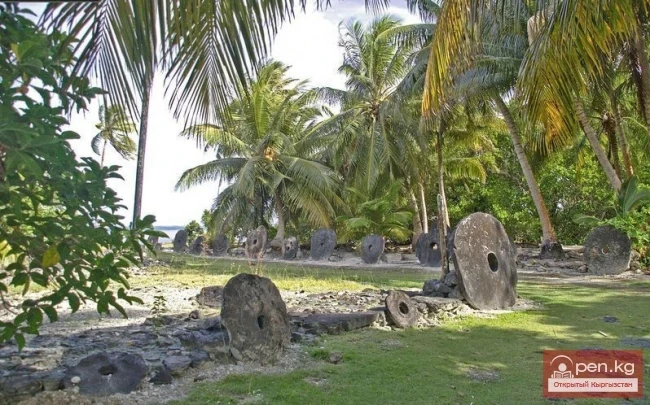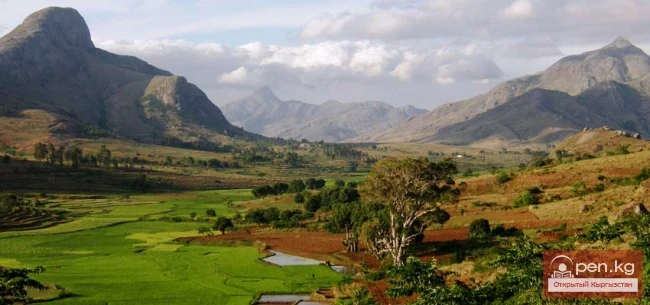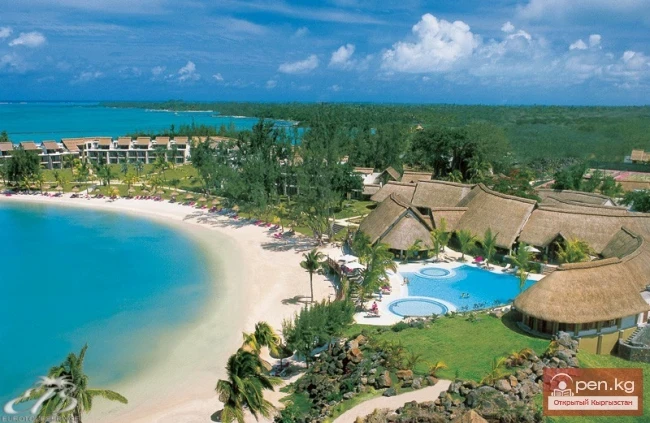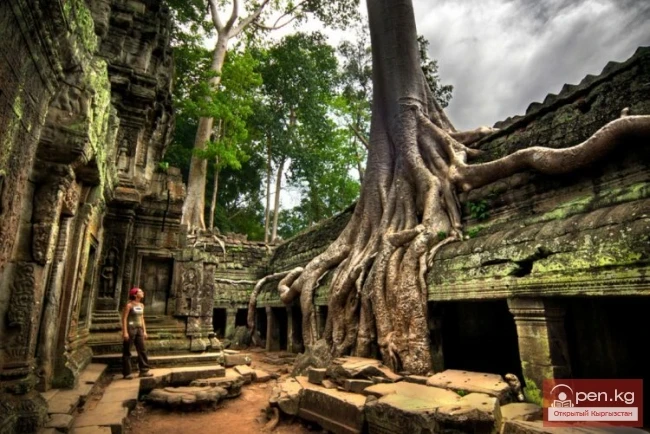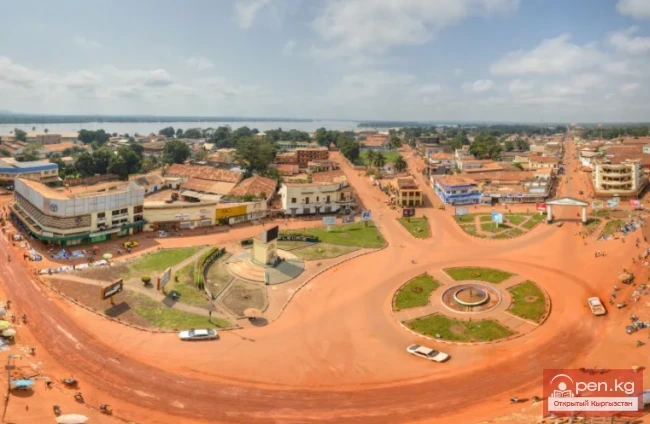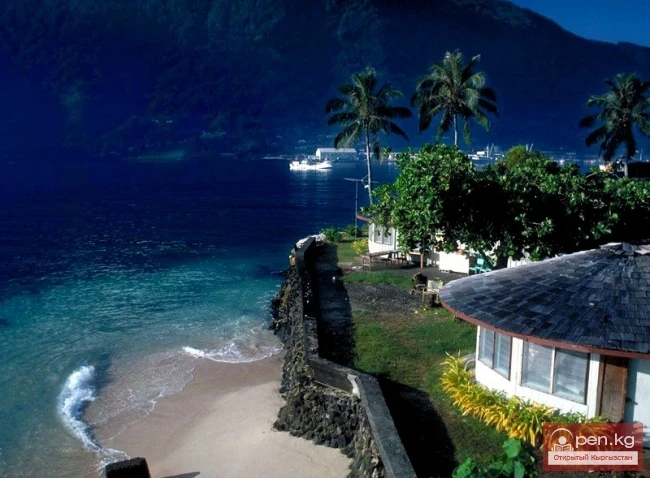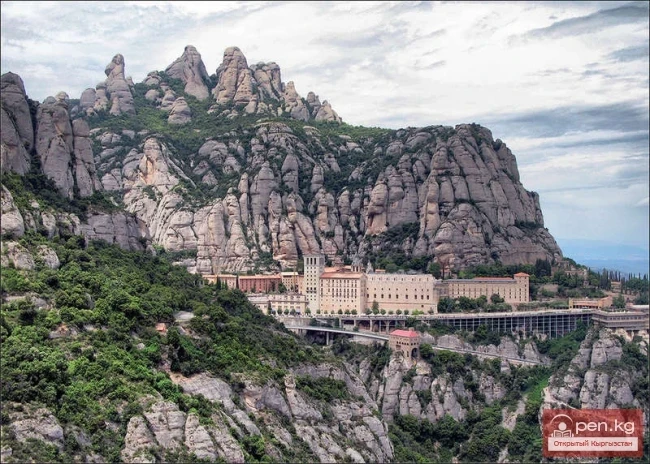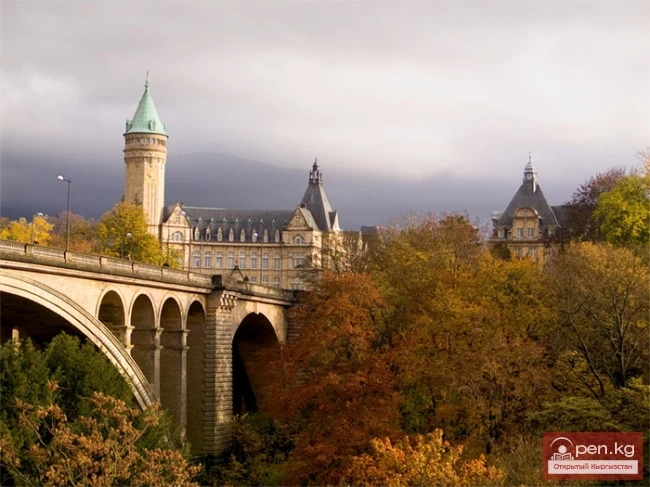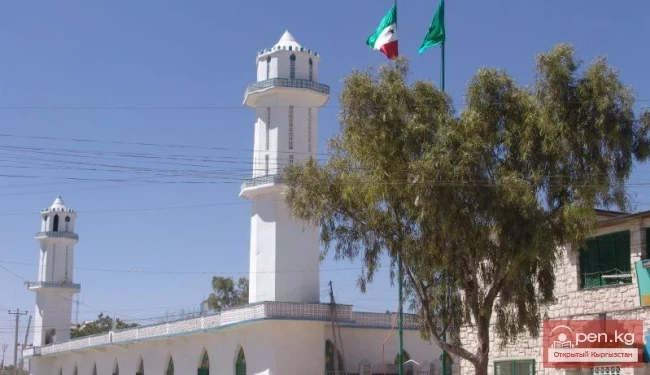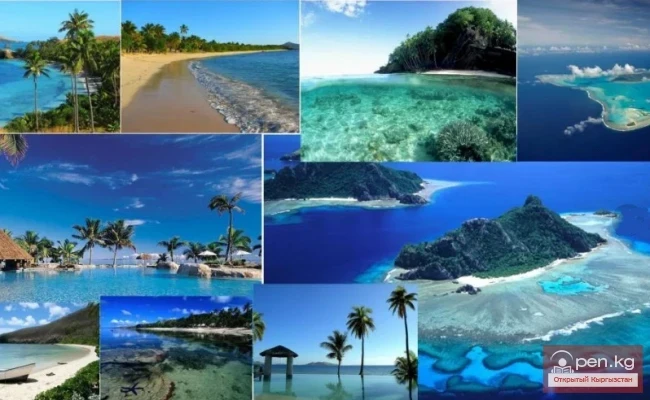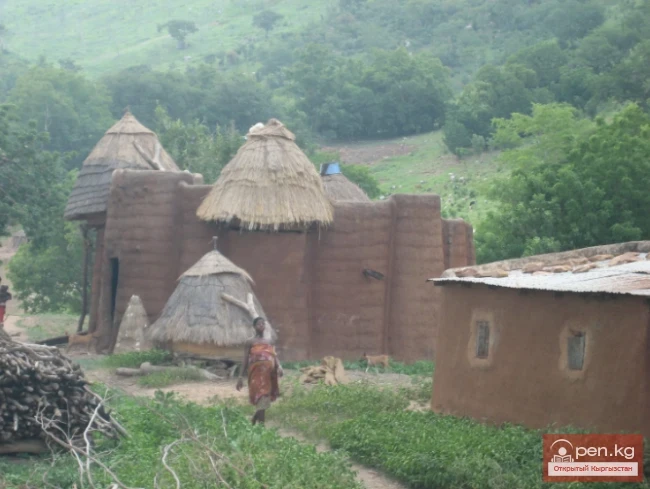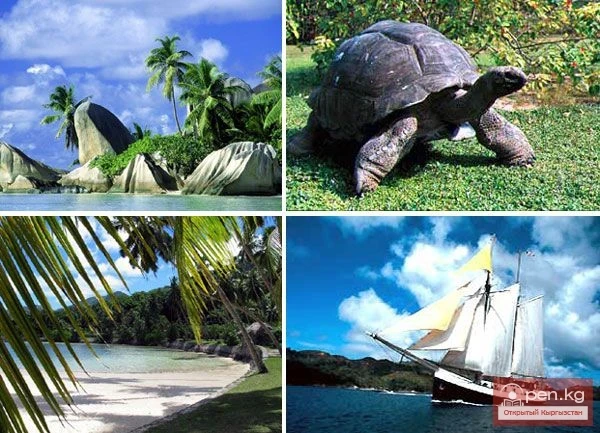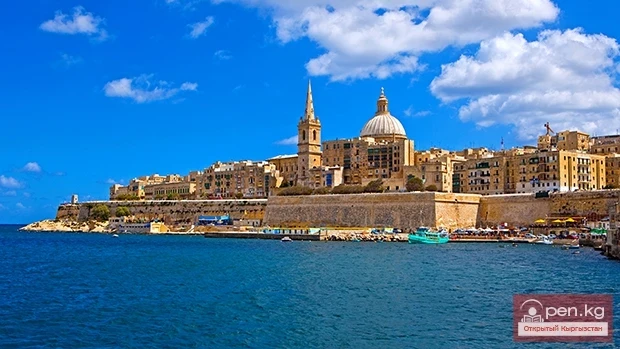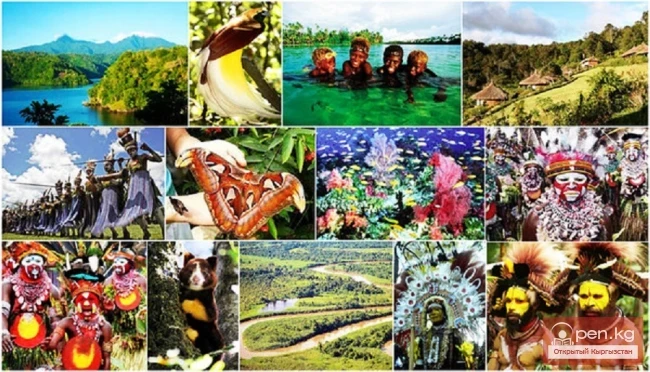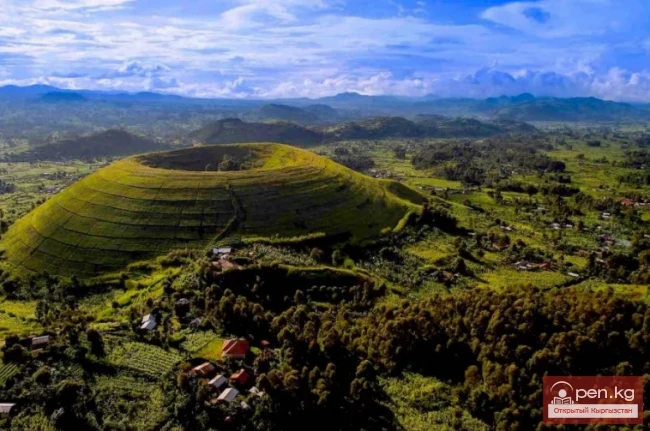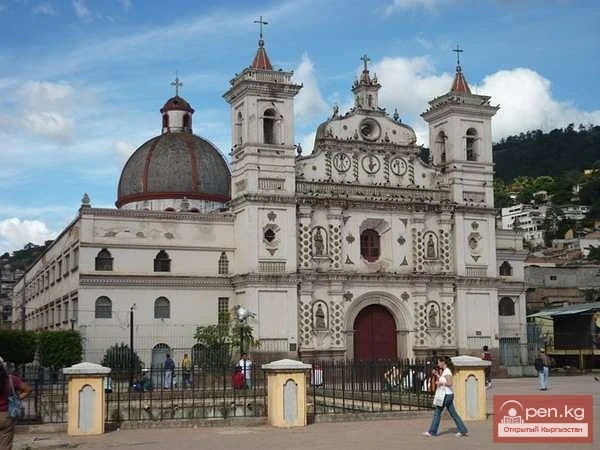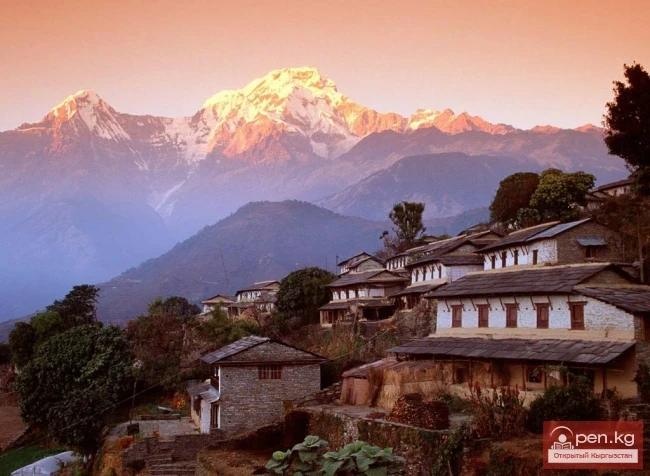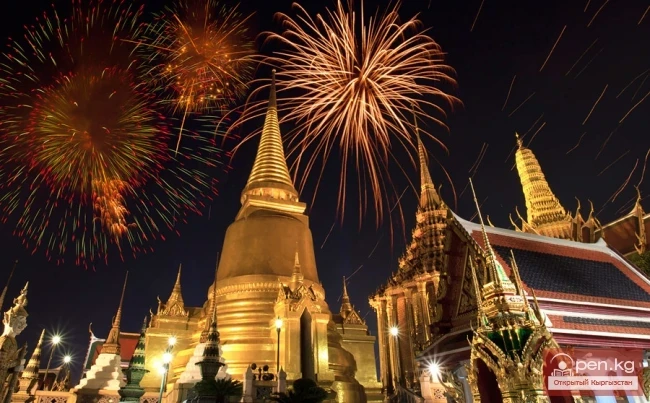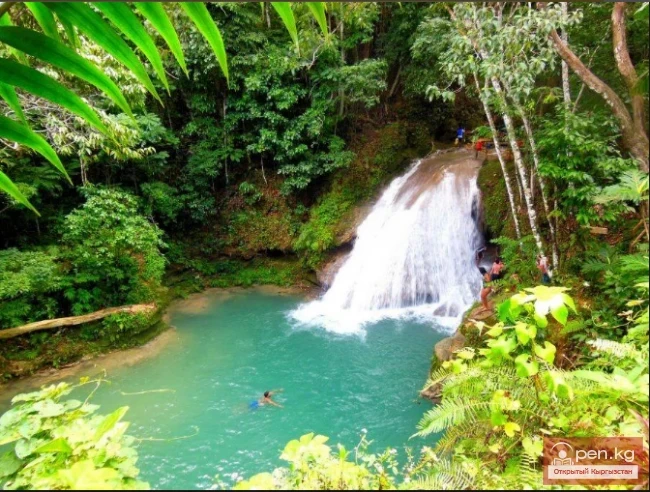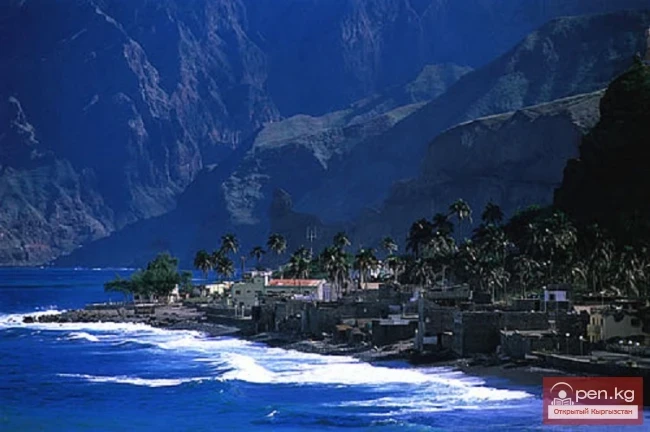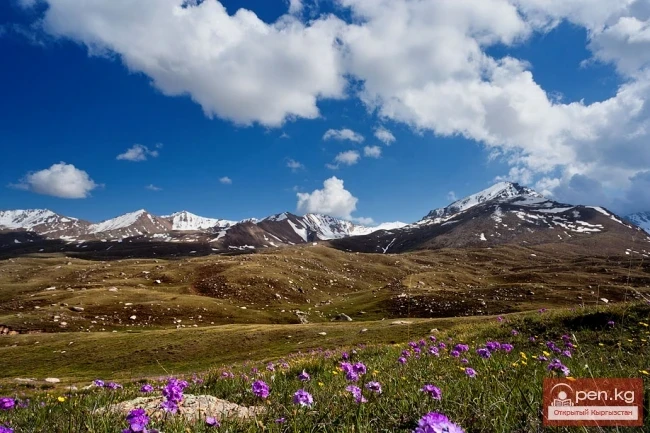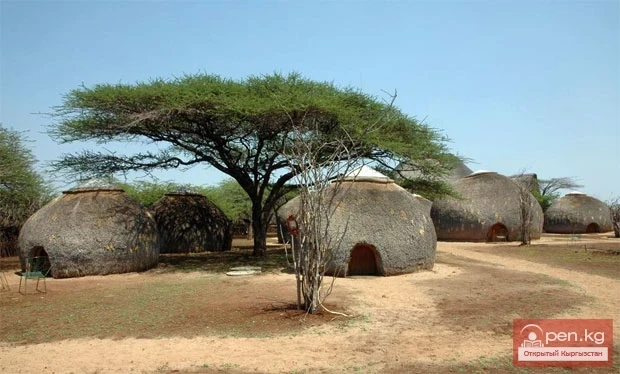
SWAZILAND. Kingdom of Swaziland
A country in southern Africa. Area - 17,36 thousand km². Capital - Mbabane (60 thousand), the residence of the king and parliament - Lobamba. Administrative division - 4 regions and 55 districts. Population - 1.1 million (2004), mainly the Swazi ethnicity. Approximately 10 thousand Europeans and people of Asian descent reside here. Official languages - English and Swazi. Religion: about 60% of the population are Christians (Catholics), the rest adhere to local traditional beliefs. Currency - lilangeni (emalangeni - plural) = 100 cents. In addition, the South African rand circulates freely in the country.
Diplomatic relations between the Russian Federation and Swaziland were established on December 19, 1999.
National holiday - September 6 - Independence Day (1968).
Swaziland is a constitutional monarchy. The constitution, proclaimed on October 13, 1978, is in effect (in July 2005, the king approved the text of a new constitution, which is to come into force in February 2006). After a 4-year regency, on April 25, 1986, the heir prince Makhosetive was proclaimed head of state, who ascended the throne under the name Mswati III. Legislative and executive power is held by the king. The highest legislative body of the country is a bicameral parliament (Labandla - elected in 2003), consisting of the House of Assembly (65 seats) and the Senate (30 seats). The term of the parliament is 5 years. Elections to the House of Assembly are two-tiered (in the second round, 55 deputies are elected by electors and 10 are appointed by the king). 10 senators are elected by the House of Assembly, 20 are appointed by the king. The government is formed by the king. The Prime Minister is Absalom Themba Dlamini.
The activities of political parties are prohibited by the constitution. The only officially recognized party is the royal party, the National Movement Imbokodvo (founded in 1964). There are opposition organizations of a liberal orientation: the Public Democratic Movement, the Democratic Alliance of Swaziland, the National Congress for the Liberation of Ngwane.
In the late 1830s, a large union of Swazi tribes emerged in the territory of Swaziland. From 1903, it was a protectorate of Great Britain. On September 6, 1968, the independence of Swaziland was proclaimed. The country's leadership is pursuing a course to strengthen the monarchical system and maintain the privileges of local and foreign landowners and entrepreneurs.
Swaziland is an agrarian country, economically closely linked to South Africa. The GDP volume is 2.2 billion dollars (2004). GDP growth rate in 2004 was 2.2%, and the inflation rate was 7.4%. The basis of the economy is agriculture, in which 75% of the economically active population is employed. Main crops: sugar cane (about 40% of export value), maize, tobacco, citrus fruits, cotton, potatoes, peanuts, millet. Animal husbandry is well developed. Cattle, sheep, goats, and pigs are primarily raised on farms owned by Europeans. A significant portion of livestock products (meat, butter, bone meal) is exported. Industry (30% of GDP) is represented by enterprises processing agricultural products (sugar factories, flour mills, butter factories, factories for the production of alcoholic and non-alcoholic beverages, fruit processing plants, etc.), timber, asbestos production (4th place in the world), textiles, fertilizers. Foreign trade is oriented towards South Africa (70% of foreign trade turnover). Trade and economic ties are developing with Great Britain, EU countries, Japan, Israel, the USA, Canada, and Germany. The export of sugar (mainly to the USA), as well as asbestos and fruits, is of significant importance for the country's economy. Machinery and equipment, food products are imported.
Tourism is developed, mainly from South Africa (up to 250 thousand people per year).
External debt - 485 million dollars.
Swaziland is a member of the UN and the African Union, the Southern African Customs Union, and the Southern African Development Community (SADC). It is part of the Commonwealth led by Great Britain (since 1968) and participates in the Non-Aligned Movement.
The leadership of Swaziland expresses support for strengthening peace and international security. The economic dependence on South Africa has a strong influence on the formation of the country's foreign policy.
There are 2800 km of roads (with a hard surface - 1700 km), and 300 km of railways. There is a national airline and an international airport.
Most children receive primary education. The literacy rate in Swaziland is one of the highest in Africa - 79%. There are several technical and commercial schools in the country, as well as a national university (about 1500 students).
The country publishes 6 titles of periodicals, the largest newspaper is "Times of Swaziland" (8 thousand copies). There is a state radio station and a national television corporation.
